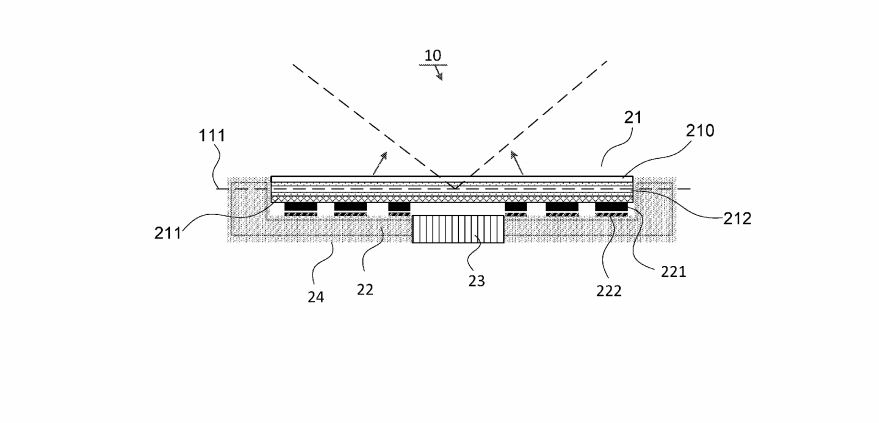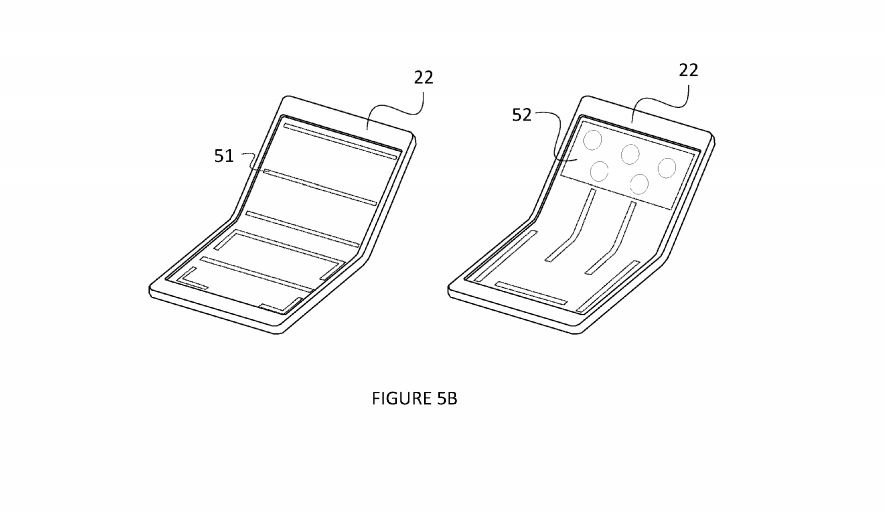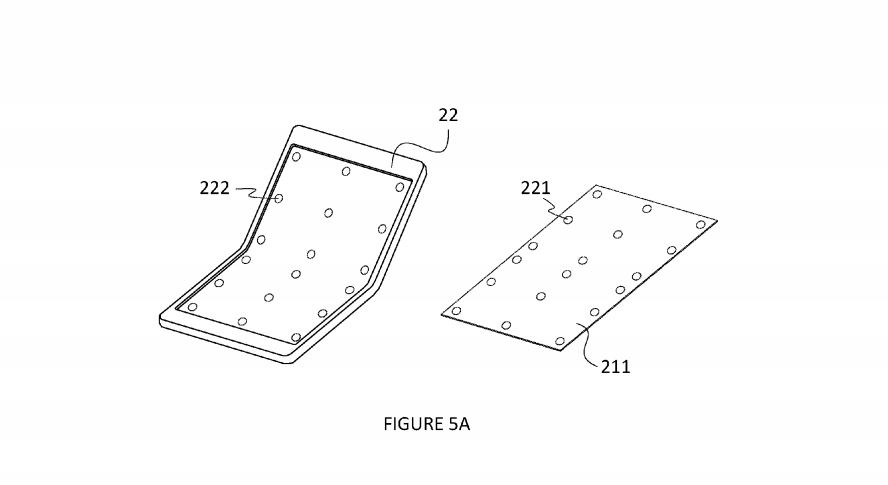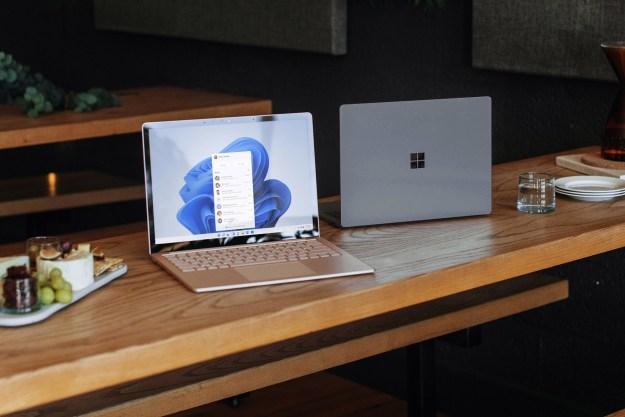It’s no secret that Microsoft is working on a dual-screen Windows 10 device, but a recent patent suggests the company could also be developing a laptop with a foldable screen. Filed in late 2017 and titled “Bendable device with Display in Movable Connection With Body,” the patent filing explains a new mechanism for laptops which can eliminate a hinge and allow the screen to bend shut from the inside, as noted by Windows Latest.
Though the patent doesn’t explicitly mention any Microsoft products by name, it states that the folding screen technology can be used in “handheld devices, laptops, wearable devices, and other consumer electronics.” It also provides details on the inner workings of a “flexible display stack” for a “multi-layered device.” That includes the use of magnets, grooves, or studs in a display layer to reduce overall stress and make a foldable device easier to hold in the hand, without deforming the display.
“Technology of bendable multilayer electronic devices is becoming increasingly relevant in flexible displays and touch surfaces,” explains the patent. “Integration of bendable or flexible layers with the rest of the device has an influence on the stresses that appears between the different layers, and on the possibility of replacement of individual elements.”
The Microsoft filing comes several weeks after a similarly themed Lenovo patent was made public. That filing explains the workings of a laptop and notebook with a display and keyboard housing with a fold region.
While patent filings don’t always hold up to become an end product, foldable screens have become a major trend recently. The concept is best seen with Samsung’s smartphone and the Royale Flexpai. Meanwhile, Microsoft is said to be working on Windows Core OS, a revamp of Windows 10 which is specifically modular and designed for foldable devices.
Rumors also indicate Microsoft could be releasing a new large-screen foldable Surface ‘Centaurus’ device, for tasks like inking, general productivity, and journal-keeping. It would pair up with a smaller dual-screen computing device dubbed Project Andromeda, for which many patents have surfaced over the past few years. Either way, it looks as though 2019 could be the year where wallets everywhere fold open for these devices.
Editors' Recommendations
- Microsoft’s next event could reveal the Surface Pro we’ve been waiting for
- This sleeper Asus laptop is faster and cheaper than Microsoft’s Surface Laptop Go 3
- Microsoft September 2023 event: Copilot, Surface Laptop Studio 2, and more
- Microsoft’s Surface Laptop Studio 2 might get a massive performance boost
- How ChatGPT could help Microsoft dethrone Google Search





